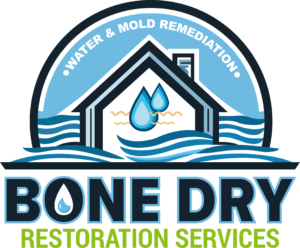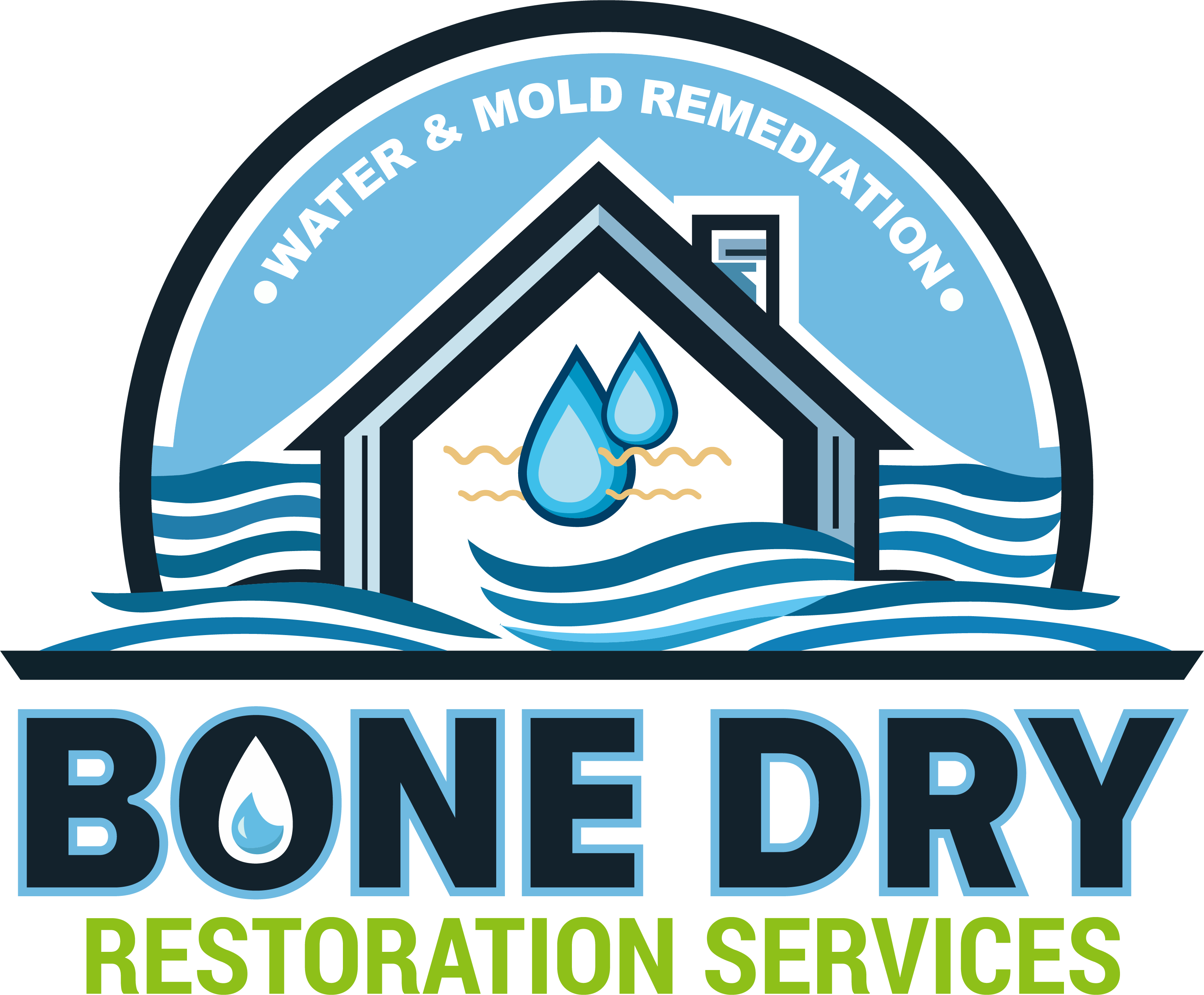Mold growth in your home is more than just an unsightly nuisance; it poses a serious health risks and can lead to structural damage if left untreated. One common misconception is that bleach is an effective remedy for mold removal. However, using bleach to kill mold, particularly in places like Portland, Maine, with its humid summer climate, is not the best approach. Let’s delve into why bleach is inadequate and explore more effective alternatives.
The Bleach Myth
At first glance, bleach seems like a powerful cleaning agent capable of tackling tough mold stains. Many homeowners reach for bleach, believing it will eradicate mold. However, bleach has limitations that make it unsuitable for thorough mold remediation.
Firstly, bleach is composed of 90% water, and while it may appear to kill mold on non-porous surfaces, it does not penetrate porous materials such as wood, drywall, and grout. Mold spores, which thrive in these porous environments, can survive beneath the surface. When the water in bleach evaporates, it can leave behind moisture that fosters further mold growth.
Moreover, bleach’s harsh chemical properties can pose health hazards, especially when used in confined spaces. The fumes can irritate the respiratory system, skin, and eyes. Using bleach in your home also runs the risk of discoloring and damaging surfaces.
Call in the Professionals
For extensive mold issues, particularly in a damp and humid climate like Southern Maine, it is a good idea to seek professional mold remediation services. Experts have access to industrial-grade cleaners, equipment, and the specialized knowledge that can effectively eliminate mold and prevent future outbreaks. They can also identify the root cause of mold growth, ensuring a long-term solution.

